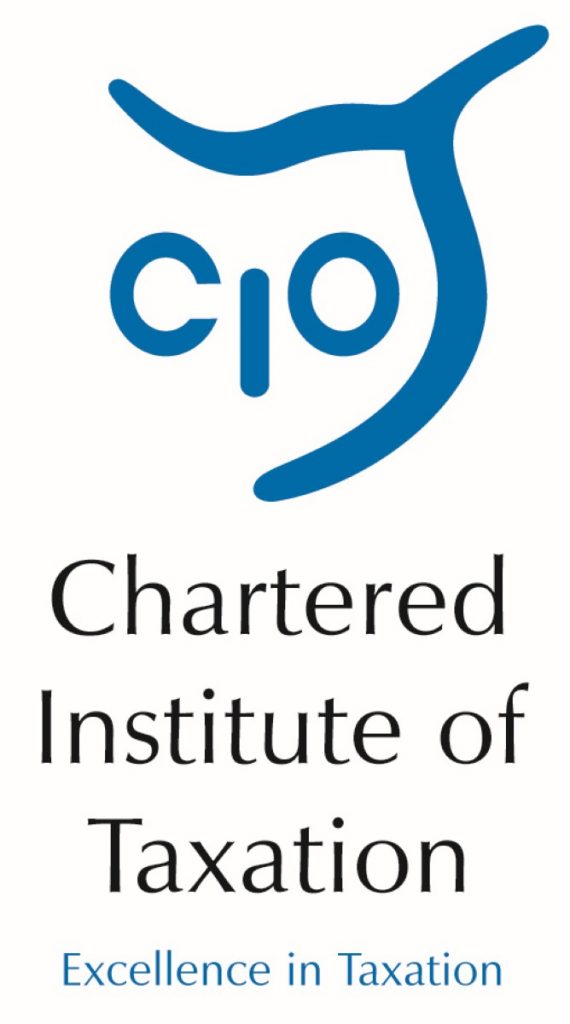The Chartered Institute of Taxation (CIOT) has welcomed today’s (Saturday’s) report from the House of Commons Treasury Committee which calls for a delay in the implementation of the Government’s Making Tax Digital project and for more extensive piloting of the reforms.
CIOT President Bill Dodwell commented:
“We welcome the Treasury Committee’s interest and involvement in Making Tax Digital. Tax digitalisation and quarterly reporting will be a huge change affecting millions of taxpayers.
“With a change this big it is more important to do it right than to do it quickly.
“So the Committee is right to call for a delay in the project’s implementation. Rushing it through to deliver by April 2018 is just too short a timescale. There are hundreds of different providers of accounting software – in many cases adapted for specific industries and trades. Right now we have no idea how many of these will be ready and tested in time.
“The introduction of Making Tax Digital should be deferred for at least a year to allow a smoother and more effective transition to digital record keeping, giving businesses sufficient time to prepare for the significant administrative, technological and financial implications associated with the move to digital accounting.
“The Committee is right to call for comprehensive pilots of the proposed system. There has been some limited piloting to date, but they need to be more extensive, with a range of taxpayers and tax advisers, and especially with those who naturally struggle with IT and firms with complex systems that need to be adapted. The pilots need to cover the whole reporting cycle and address behavioural issues rather than simply digital functioning. Pilots will need to build up gradually, bringing in a wider range of users.
“We are also pleased that the Committee agrees with us that the threshold for Making Tax Digital and quarterly reporting should be raised substantially from the proposed £10,000. A consensus is growing that the VAT threshold of £83,000 would be a more sensible cut off point.
“We think HMRC will need to consult thoroughly with businesses, their tax advisers and professional bodies and relevant charities in the period up to full implementation to ensure it works for HMRC, taxpayers and their representatives.”
Robin Williamson, Technical Director of the Low Incomes Tax Reform Group, said:
“While we are generally supportive of HMRC’s ambition to make the best possible use of technology in improving the tax administration, we strongly welcome the Committee’s conclusion that the proposed transition period is far too short, and the proposed exemption threshold of £10,000 far too low. For businesses with so small a turnover, the costs and burdens of converting to digital record-keeping and quarterly reporting in so short a timescale would be quite simply disproportionate to the level of their income.”
Making Tax Digital is highlighted in the Better Budgets report being published on Monday by CIOT, the Institute for Government and the Institute for Fiscal Studies, as a current example of starting consultations at too late a stage. The report will state: “In this case, two major decisions had already been taken before consultation started – to require all businesses to maintain accounts online and to make quarterly online returns to HMRC. Those pre-emptive decisions were felt to have big implications for many small businesses – but were made without consultation and without them being able to challenge the assessment of compliance costs.”1
Notes for editors
1. Embargoed copies of the Better Budgets report are available on request from the CIOT
2. CIOT submissions on MTD here
3. LITRG submissions on MTD here
4. The Chartered Institute of Taxation (CIOT)
The CIOT is the leading professional body in the United Kingdom concerned solely with taxation. The CIOT is an educational charity, promoting education and study of the administration and practice of taxation. One of our key aims is to work for a better, more efficient, tax system for all affected by it – taxpayers, their advisers and the authorities. The CIOT’s work covers all aspects of taxation, including direct and indirect taxes and duties. Through our Low Incomes Tax Reform Group (LITRG), the CIOT has a particular focus on improving the tax system, including tax credits and benefits, for the unrepresented taxpayer.
The CIOT draws on our members’ experience in private practice, commerce and industry, government and academia to improve tax administration and propose and explain how tax policy objectives can most effectively be achieved. We also link to, and draw on, similar leading professional tax bodies in other countries. The CIOT’s comments and recommendations on tax issues are made in line with our charitable objectives: we are politically neutral in our work.
The CIOT’s 17,600 members have the practising title of ‘Chartered Tax Adviser’ and the designatory letters ‘CTA’, to represent the leading tax qualification.
Low Incomes Tax Reform Group
The LITRG is an initiative of the Chartered Institute of Taxation (CIOT) to give a voice to the unrepresented. Since 1998 LITRG has been working to improve the policy and processes of the tax, tax credits and associated welfare systems for the benefit of those on low incomes.





-01.png)